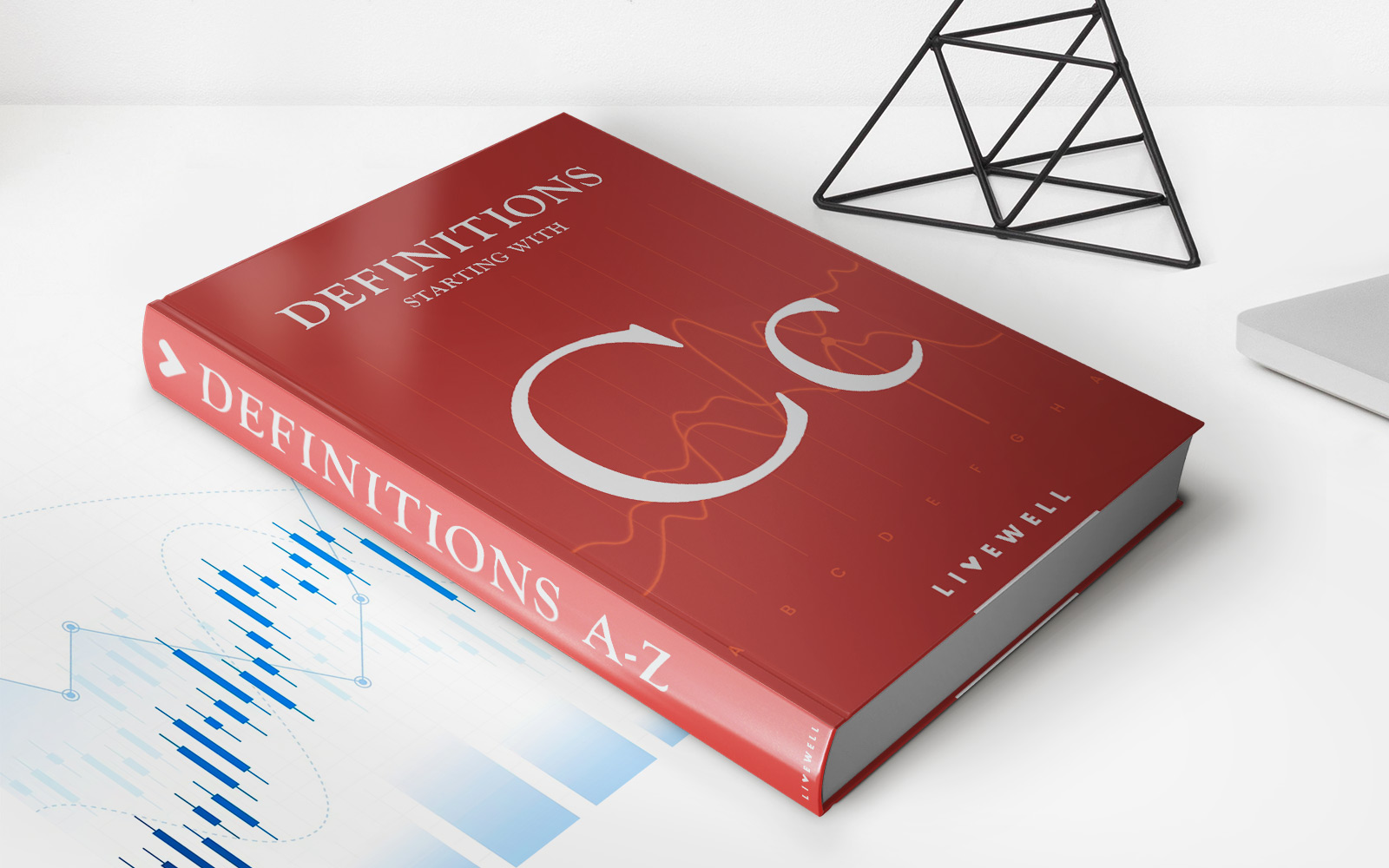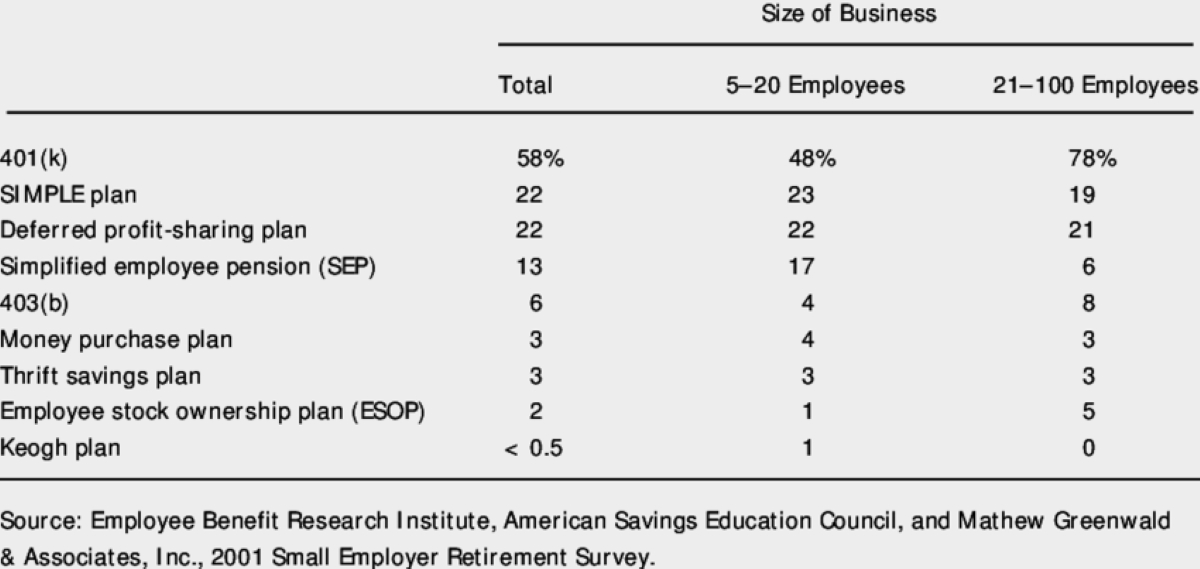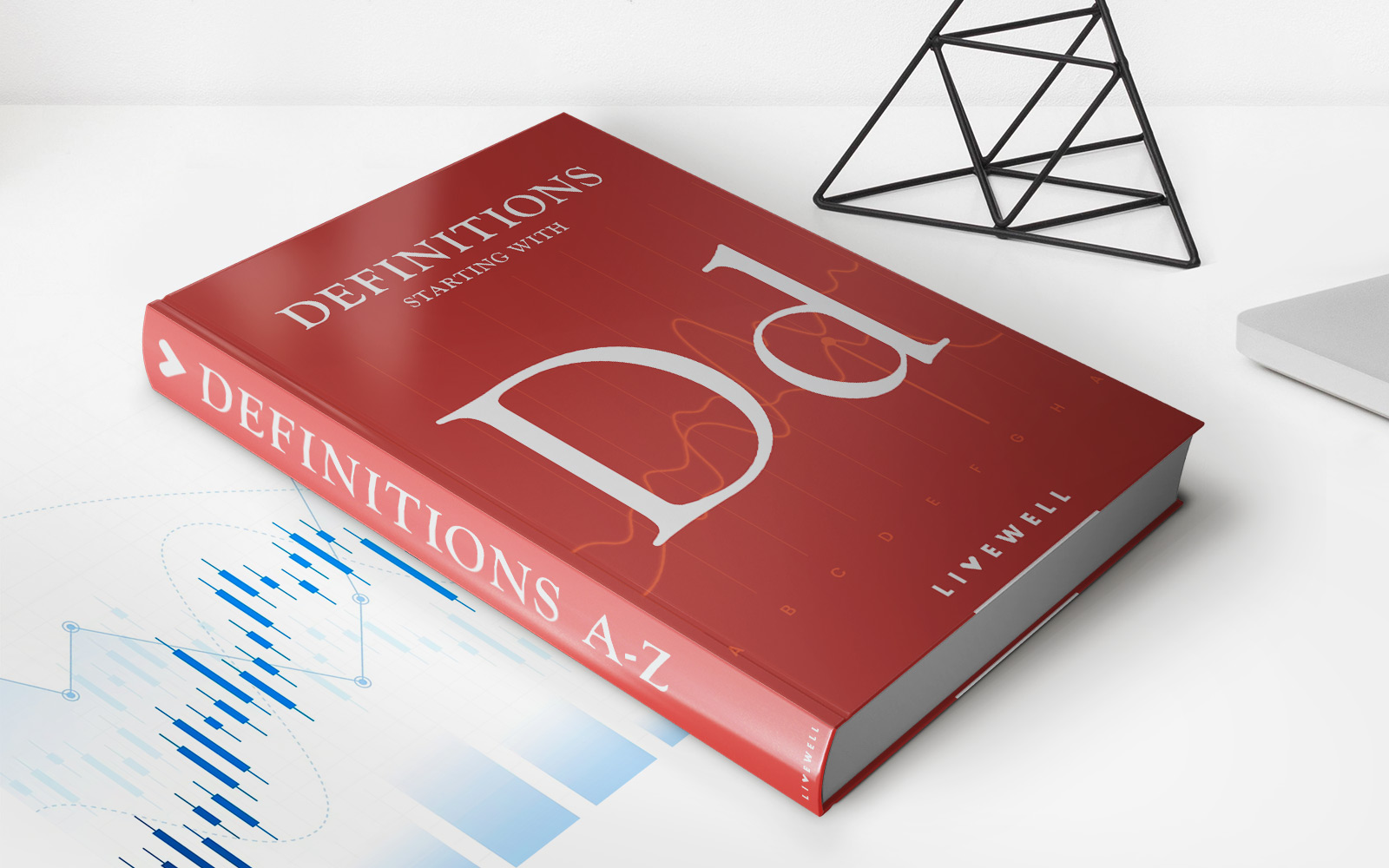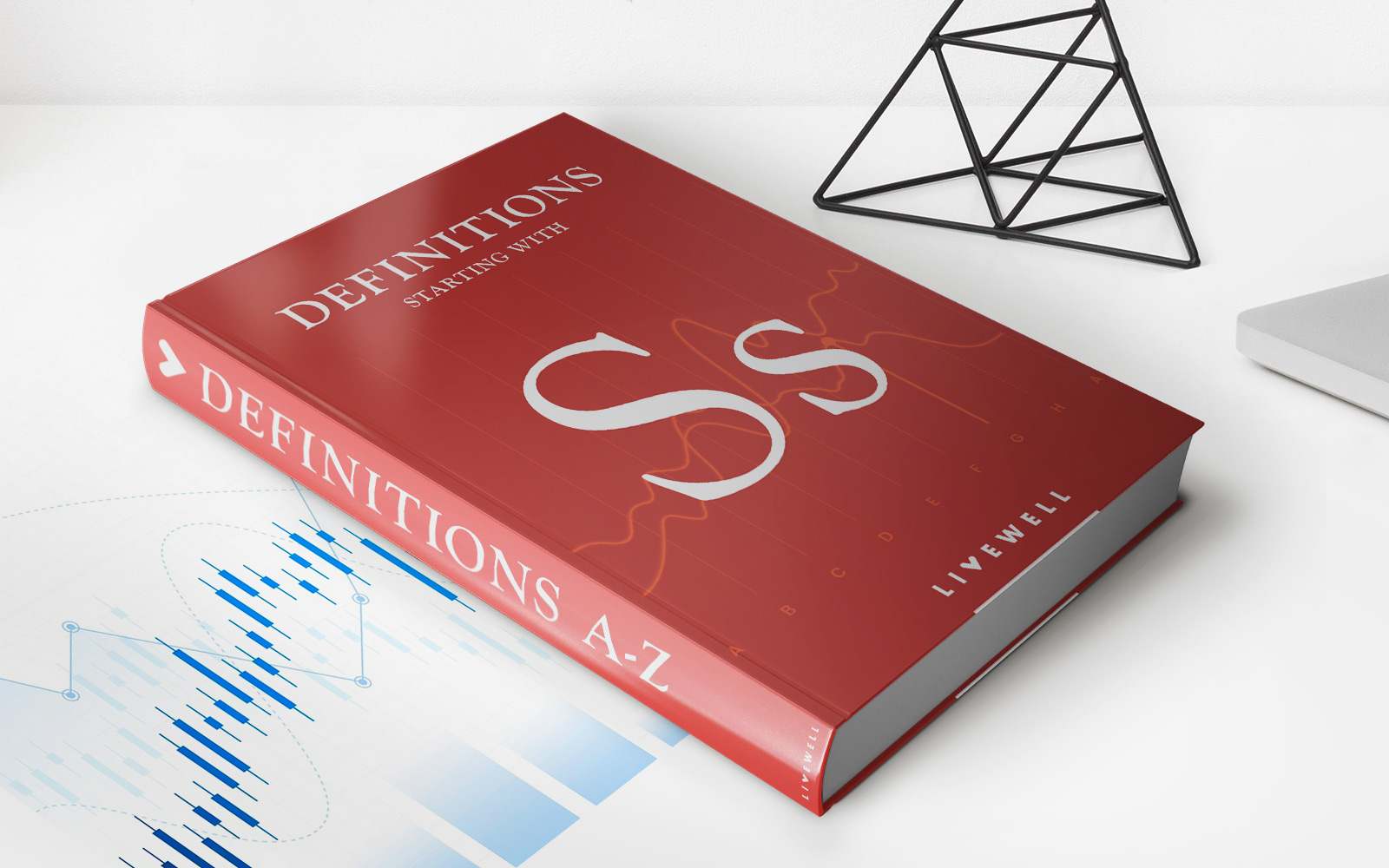Home>Finance>Taxation Defined, With Justifications And Types Of Taxes
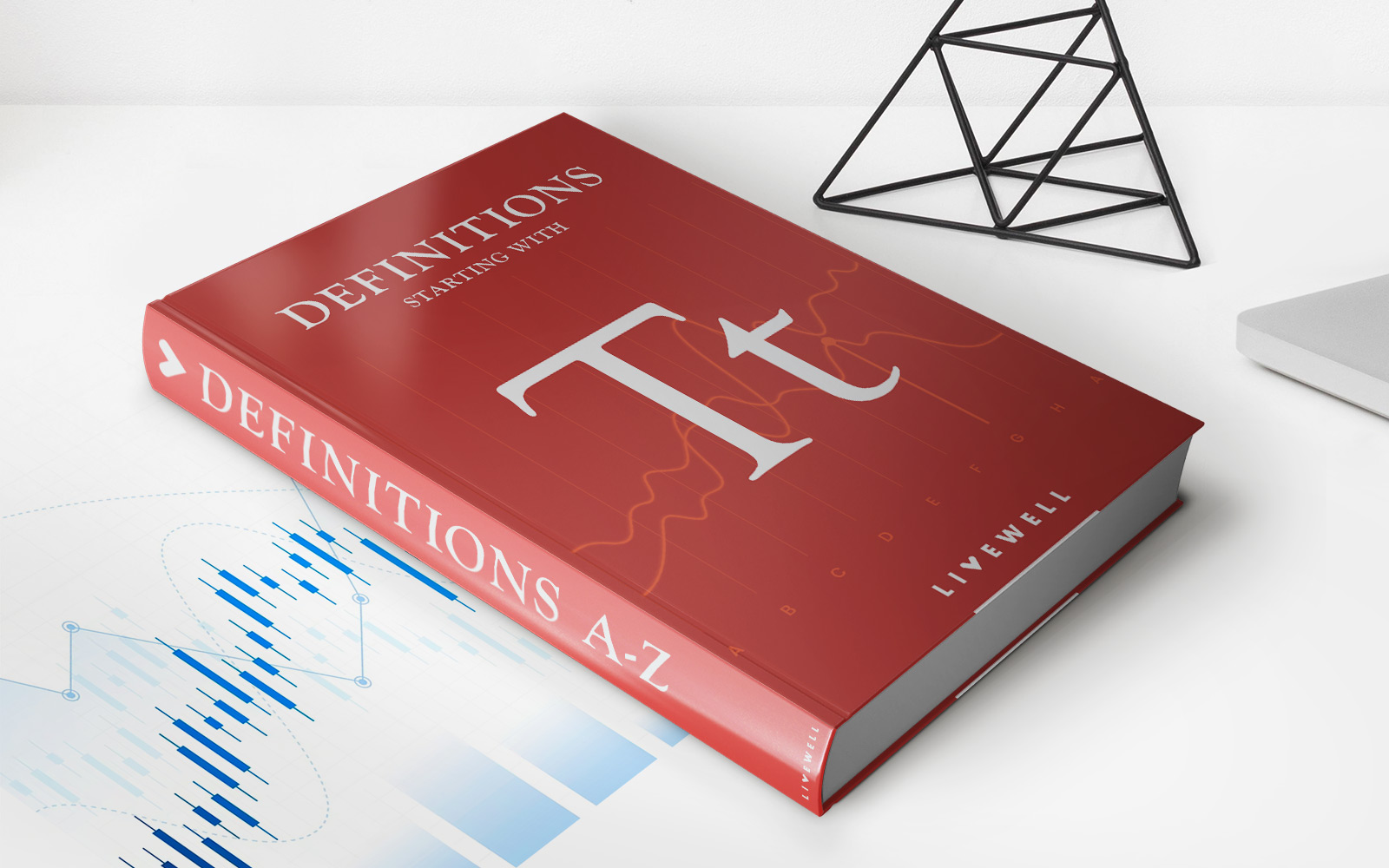

Finance
Taxation Defined, With Justifications And Types Of Taxes
Published: February 7, 2024
Learn about taxation in finance, including its definition, justifications, and various types of taxes. Gain a comprehensive understanding of the complexities surrounding this essential aspect of financial management.
(Many of the links in this article redirect to a specific reviewed product. Your purchase of these products through affiliate links helps to generate commission for LiveWell, at no extra cost. Learn more)
Taxation Defined, With Justifications and Types of Taxes
When it comes to managing our finances, understanding taxation is crucial. Taxes play a significant role in our everyday lives, as they are a fundamental part of government revenue and a means of funding public services and infrastructure. In this blog post, we will dive deep into the world of taxation, exploring what it is, why it’s necessary, and the different types of taxes that exist. So, brace yourself as we embark on this enlightening journey into the realm of finance.
Key Takeaways:
- Taxation is the process through which governments collect money from individuals and businesses to fund public services and infrastructure.
- Taxes serve various justifications, including providing public goods, redistributing wealth, regulating markets, and addressing externalities.
What is Taxation and Why is it Necessary?
Taxation is the process by which governments collect money from individuals and businesses to finance public expenditures. It is an essential component of any modern economy, as it enables a government to fund public goods and services, such as healthcare, education, transportation, and defense. Without taxation, it would be practically impossible for governments to function efficiently and provide these essential services that the society relies upon.
Now, you might wonder why we need to pay taxes and how governments justify their collection. Let’s explore a few justifications for taxation:
- Providing Public Goods: Taxes are crucial for funding public goods that benefit society as a whole. These goods include infrastructure, national defense, public parks, and public schools. Without tax revenue, these services would not be adequately funded, leading to a deterioration in the quality of life for citizens.
- Redistributing Wealth: Taxes can be used to redistribute wealth and reduce income inequality within a society. Progressive tax systems, where higher incomes are taxed at a higher rate, help ensure that the burden of taxation falls more heavily on the wealthy, while providing support and assistance to those in lower-income brackets.
- Regulating Markets: Taxes can be utilized as a tool for regulating markets. For instance, governments may impose taxes on certain goods or services, such as tobacco or alcohol, to discourage consumption and address potential negative externalities associated with these products.
- Addressing Externalities: Taxes can also be employed to address externalities, which are costs or benefits that are incurred by society but not reflected in market prices. For example, taxes on carbon emissions aim to discourage pollution and incentivize the development and adoption of cleaner technologies.
Types of Taxes:
Taxes come in various forms, each serving a specific purpose. Here are some of the most common types of taxes:
- Income Tax: This tax is levied on individuals and businesses based on their income or profits. Typically, the higher the income or profits, the higher the tax rate.
- Sales Tax: Sales tax is imposed on the purchase of goods and services and is usually a percentage of the sale price.
- Property Tax: Property tax is a tax imposed on the value of real estate or property. It is usually calculated based on the value of the property.
- Corporate Tax: Corporate tax is levied on the profits earned by companies. The tax rate varies depending on the company’s earnings and legal structure.
- Value Added Tax (VAT): VAT is a type of consumption tax that is levied at each stage of the production process but is ultimately borne by the final consumer.
- Excise Tax: Excise taxes are levied on specific goods, such as tobacco, alcohol, or gasoline. They are often used to discourage consumption or address externalities.
These are just a few examples of the vast array of taxes that exist, each serving a specific purpose and contributing to government revenue. Understanding the different types of taxes is essential for managing personal and business finances.
Now that we have dived into the world of taxation, we hope you have gained a clearer understanding of what taxation is, why it is necessary, and the different types of taxes that exist. By grasping these concepts, you can navigate the complexities of taxation with confidence and make informed decisions that impact your financial well-being.

